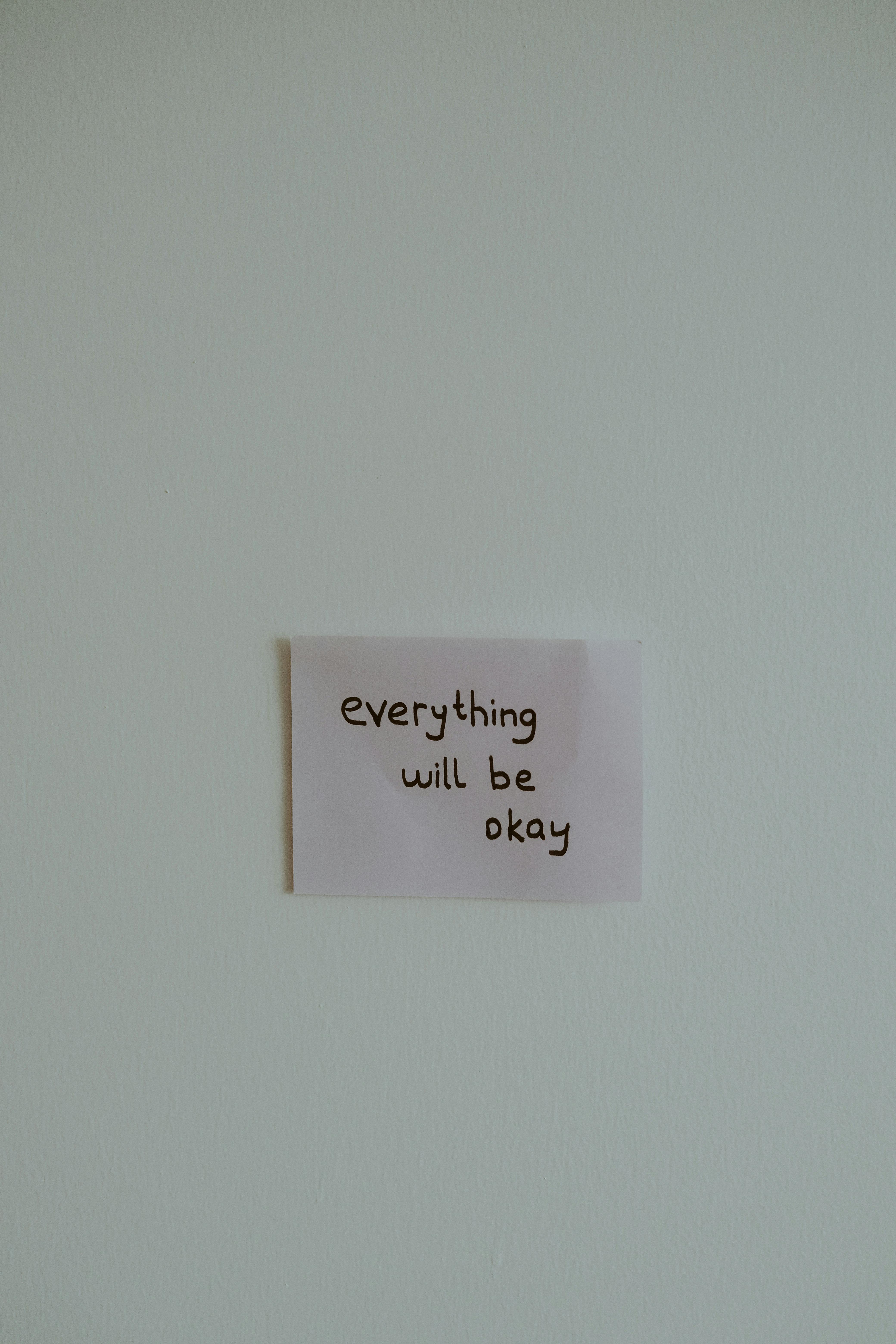We may earn money or products from the companies mentioned in this post. As an Amazon Associate I earn from qualifying purchases. Disclosure of Material Connection: Some of the links in this post may be "affiliate links." This means if you click on the link and purchase an item, I will receive an affiliate commission.
The Funeral Maid: Your Compassionate Guide Through Grief and Memorial Planning
When Grief Meets Grace
Planning a funeral is one of the most emotionally exhausting tasks we’ll ever face. Amidst the fog of loss, families juggle logistics, cultural traditions, and heart-wrenching decisions—all while trying to honor a loved one’s memory. Enter the funeral maid: a compassionate professional who acts as your anchor, confidante, and logistical wizard during this tender time.
This isn’t just a job—it’s a calling. And it’s resonating globally. In this post, we’ll explore why this role is trending, how it works, and why families are calling it “the most meaningful support they never knew they needed.”
What Is a Funeral Maid? (And Why You’ll Wish You’d Known Sooner)
A funeral maid (or “end-of-life guide”) blends the emotional warmth of a best friend with the organizational skills of a wedding planner—but for funerals and memorials. Think of them as:
- The Calm in the Storm: They handle vendor coordination, timelines, and paperwork so you can focus on healing.
- The Keeper of Stories: They help design personalized tributes, from memory slideshows to bespoke rituals.
- The Shoulder to Lean On: They listen without judgment, offering grief resources and gentle guidance.
Example: When Sarah’s father passed suddenly, her funeral maid sourced his favorite Irish folk songs for the service, coordinated a livestream for overseas relatives, and even discreetly handed her tissues mid-ceremony. “She felt like family,” Sarah says.
The Rise of the Funeral Maid: Why This Trend Is Exploding
1. The “Death Positive” Movement
Millennials and Gen Z are reshaping end-of-life culture, embracing open conversations about mortality. Funeral maids align with this shift, offering modern, personalized alternatives to traditional funeral homes.
2. Hybrid Funerals Demand Experts
With 42% of memorials now including virtual guests (National Funeral Directors Association), families need tech-savvy pros to manage livestreams, digital guestbooks, and online tributes.
3. The Burnout Crisis
Grieving families are overwhelmed. A funeral maid’s value? Time. Clients report saving 20+ hours of stress—time they spend bonding with loved ones instead.
5 Unexpected Ways a Funeral Maid Can Transform a Memorial
- Personalized Touches You’d Never Think Of
- Scatter ashes in a loved one’s favorite hiking spot with a biodegradable urn.
- Create a “memory cocktail” for the reception, inspired by the deceased’s signature drink.
- Crisis Management
- Avert family disputes over music choices or eulogy speakers with neutral mediation.
- Fix tech disasters (e.g., a crashed livestream) in real time.
- Cultural Sensitivity
- Navigate traditions, from Jewish shiva customs to Dia de los Muertos altars.
- Legacy Projects
- Compile letters from friends into a memory book or record a podcast of shared stories.
- Post-Funeral Support
- Send grief care packages (herbal tea, journals) on the 1-month anniversary.
“But Isn’t This Morbid?” Debunking Myths About Funeral Maids
Myth: “Hiring help means you didn’t care enough.”
Reality: Just as couples hire wedding planners to enjoy their big day, families hire funeral maids to be present in their grief.
Myth: “It’s too expensive.”
Reality: Packages often cost less than $500—a fraction of funeral home fees—and many maids offer sliding scales.
How to Find the Right Funeral Maid for You
- Ask for “Vulnerable” References
Request client testimonials that detail emotional (not just logistical) support. - Look for Hybrid Skills
Top maids blend certifications (e.g., grief counseling, event planning) with innate empathy. - Trust Your Gut
Schedule a free consult. Do they listen more than they pitch?
Why People Are Sharing This Idea (And You Will Too)
Funeral maids tap into a universal truth: no one should grieve alone. This role isn’t about death—it’s about love, legacy, and lifting each other up in the darkest moments.
When you share this post, you’re not just passing along a trend. You’re saying:
- “It’s okay to ask for help.”
- “Your grief matters.”
- “There’s a better way.”
Final Thought: Redefining What It Means to ‘Be There’
In a world that often rushes grief, funeral maids remind us to slow down, honor pain, and celebrate life—one heartfelt detail at a time. Whether you’re planning a service or supporting a friend, remember: compassion is the most profound legacy of all.
Share this post to spark a conversation—or tag someone who needs to know they’re not alone.
The Unsung Heroes: A Day in the Life of a Funeral Maid
When we think of funerals, we often focus on the grieving family, the somber atmosphere, and the rituals of saying goodbye. But behind the scenes, there’s a group of professionals working tirelessly to ensure everything runs smoothly during one of life’s most challenging moments. Enter the funeral maid – a role that’s as crucial as it is often overlooked.
What Exactly Does a Funeral Maid Do?
A funeral maid, also known as a funeral attendant or funeral service assistant, wears many hats. Their responsibilities range from the practical to the deeply emotional:
-
Preparing the venue for services
-
Assisting families with arrangements
-
Coordinating with other funeral staff
-
Providing emotional support to mourners
But these bullet points barely scratch the surface of what the job entails.
The Invisible Threads of Comfort
Imagine walking into a funeral home, your heart heavy with grief. The last thing you want to worry about is whether the flowers are arranged correctly or if there are enough chairs for guests. This is where a funeral maid shines, ensuring that every detail is perfect so that families can focus on what truly matters – honoring their loved one.
Navigating Emotional Landmines
One of the most challenging aspects of being a funeral maid is the emotional intelligence required. Families often arrive at funerals with unresolved conflicts and raw emotions. A skilled funeral maid acts as a buffer, gently guiding conversations away from potential arguments and towards shared memories and healing.
The Art of Silent Support
Sometimes, the most important thing a funeral maid can do is simply be present. A reassuring nod, a box of tissues offered at just the right moment, or a gentle touch on the shoulder can speak volumes when words fail.
Beyond the Ceremony
The role of a funeral maid doesn’t end when the service is over. They’re often responsible for:
-
Transferring the deceased with dignity
-
Maintaining mortuary areas to the highest standards
-
Assisting with post-funeral paperwork and logistics
Each task is performed with the utmost respect and care, honoring the deceased and supporting the living.
The Rewards of Compassion
While the job can be emotionally taxing, many funeral maids find deep satisfaction in their work. There’s a unique sense of purpose in helping families through their darkest hours and ensuring that final goodbyes are meaningful and dignified.
A Call to the Compassionate
If you’ve ever felt drawn to a career that combines empathy, attention to detail, and the ability to remain calm under pressure, consider the role of a funeral maid. It’s a profession that demands strength of character but offers the profound reward of making a difference when it matters most.
In a world that often shies away from discussions of death and grief, funeral maids stand as quiet pillars of support, reminding us of the power of human compassion in the face of loss.
Have you ever interacted with a funeral maid? Share your experiences in the comments below and help shed light on these unsung heroes of our most difficult moments.




